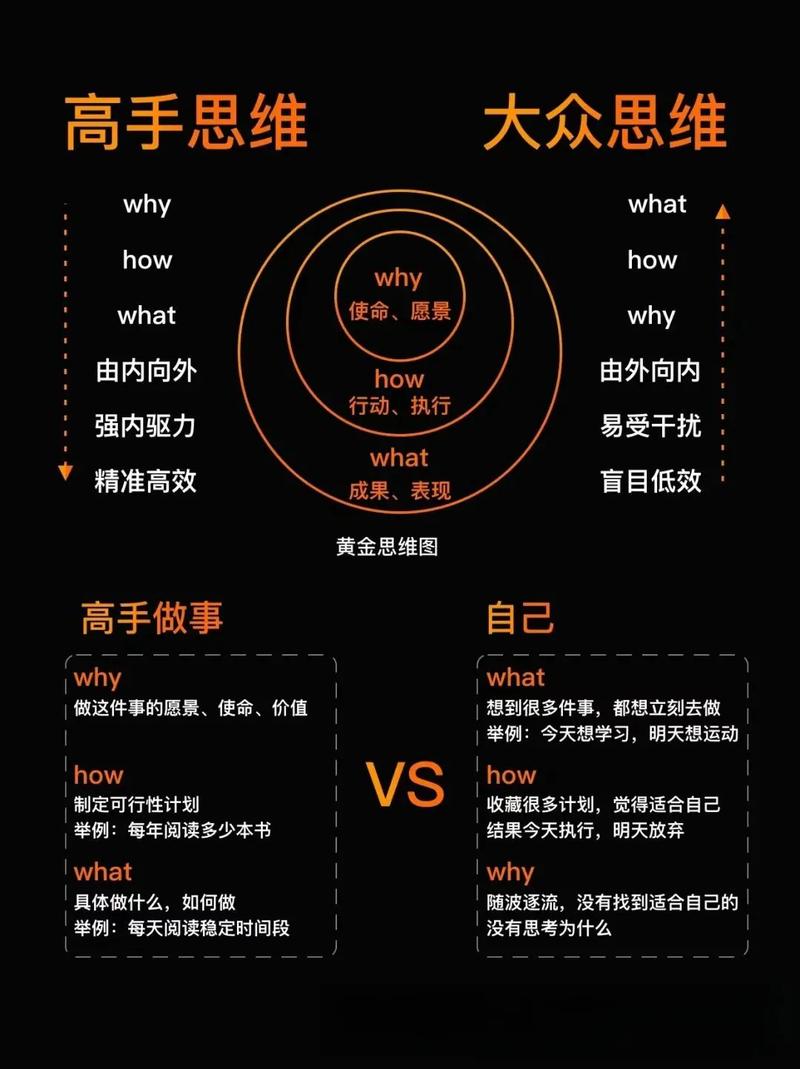
Does Ethereum Have Smart Contracts?
Ethereum, the second-largest cryptocurrency by market capitalization, has been a cornerstone in the blockchain industry. One of its most significant features is the ability to host smart contracts. In this article, we will delve into what smart contracts are, how they work on Ethereum, and their implications for the blockchain ecosystem.
What are Smart Contracts?
Smart contracts are self-executing contracts with the terms of the agreement directly written into lines of code. They run on a blockchain network, which means they are transparent, immutable, and decentralized. Once deployed, smart contracts automatically enforce and execute the terms of the agreement without the need for intermediaries.

How Do Smart Contracts Work on Ethereum?
Ethereum introduced the concept of smart contracts with its native programming language, Solidity. Here’s a breakdown of how smart contracts work on the Ethereum network:
-
Deploying a Smart Contract: Developers write smart contracts in Solidity and compile them into bytecode. This bytecode is then deployed on the Ethereum network, creating a new contract address.
-
Interacting with a Smart Contract: Users can interact with smart contracts by sending transactions to their contract addresses. These transactions can be in the form of sending Ether or calling functions within the contract.
-
Executing the Contract: When a transaction is sent to a smart contract, the contract’s code is executed on the Ethereum Virtual Machine (EVM). The EVM is a decentralized execution environment that runs smart contracts.

-
Updating and Maintaining Smart Contracts: Once deployed, smart contracts cannot be modified. However, developers can deploy new versions of the contract and migrate the existing data to the new contract address.
Benefits of Smart Contracts on Ethereum
Smart contracts on Ethereum offer several benefits, including:
-
Transparency: Since smart contracts are executed on a decentralized network, all parties can view the code and transaction history, ensuring transparency.
-
Immutability: Once a smart contract is deployed, its code cannot be altered, providing a level of trust and security.
-
Cost-Effectiveness: Smart contracts eliminate the need for intermediaries, reducing transaction costs and time.
-
Decentralization: By running on a decentralized network, smart contracts are not subject to the control of a single entity, making them more resilient to censorship and manipulation.
Use Cases of Smart Contracts on Ethereum
Smart contracts on Ethereum have been applied in various industries, including:
-
Finance: Decentralized finance (DeFi) platforms use smart contracts to create decentralized lending, borrowing, and trading platforms.
-
Real Estate: Smart contracts can facilitate the buying, selling, and transferring of real estate assets without the need for intermediaries.
-
Supply Chain: Smart contracts can track and verify the movement of goods in a supply chain, ensuring transparency and accountability.
-
Art and Collectibles: Digital art and collectibles can be tokenized and sold using smart contracts, providing a secure and transparent marketplace.
Challenges and Limitations of Smart Contracts on Ethereum
While smart contracts on Ethereum offer numerous benefits, they also come with challenges and limitations:
-
Complexity: Writing and understanding smart contracts can be complex, especially for those without a background in programming.
-
Scalability: The Ethereum network has faced scalability issues, leading to high transaction fees and slow processing times during times of high network congestion.
-
Security: Smart contracts can be vulnerable to bugs and vulnerabilities, which can be exploited by malicious actors.
-
Regulatory Concerns: The decentralized nature of smart contracts raises regulatory challenges, as governments struggle to regulate an industry that operates outside traditional frameworks.



